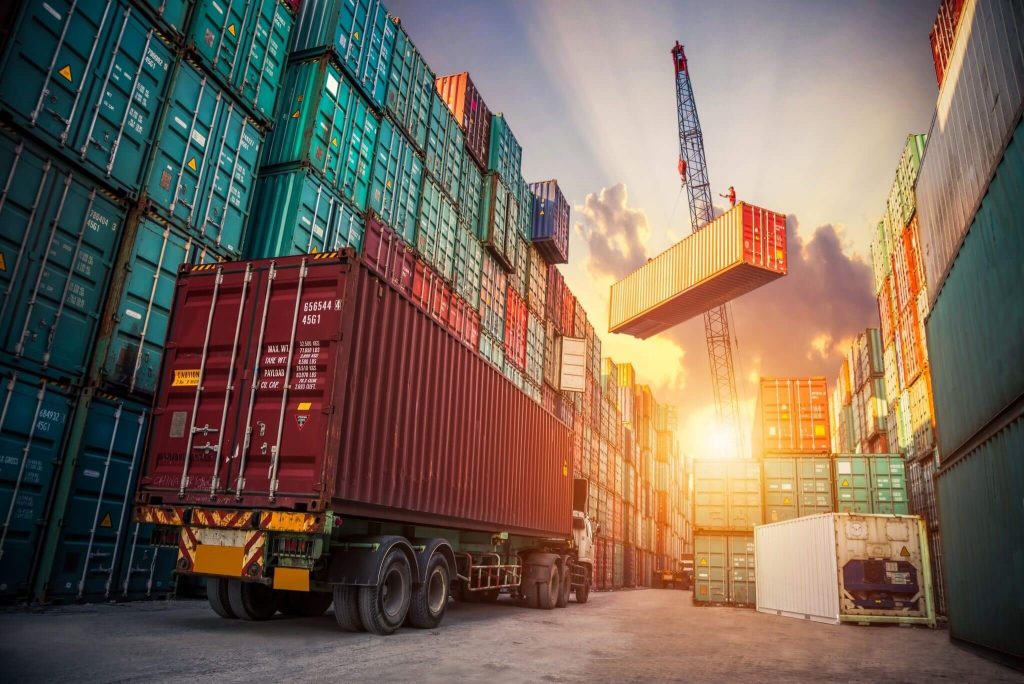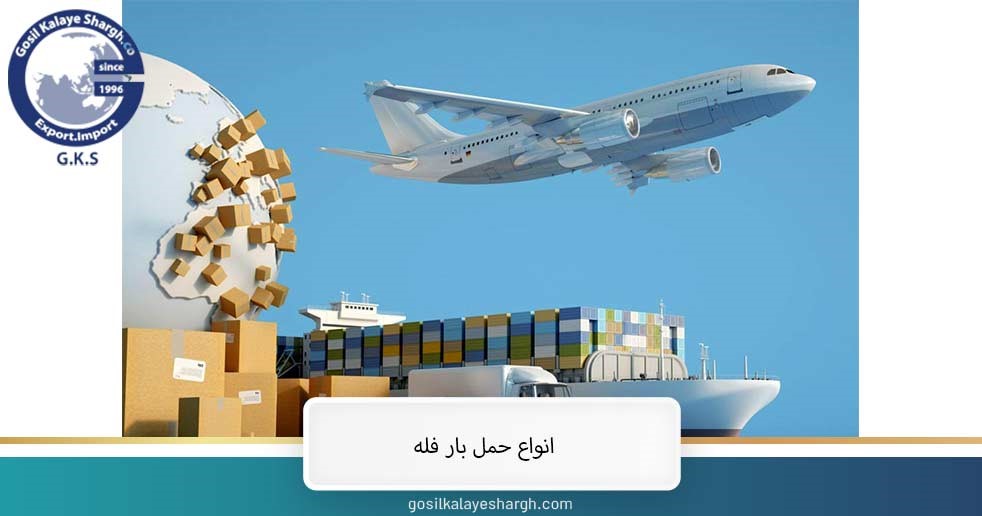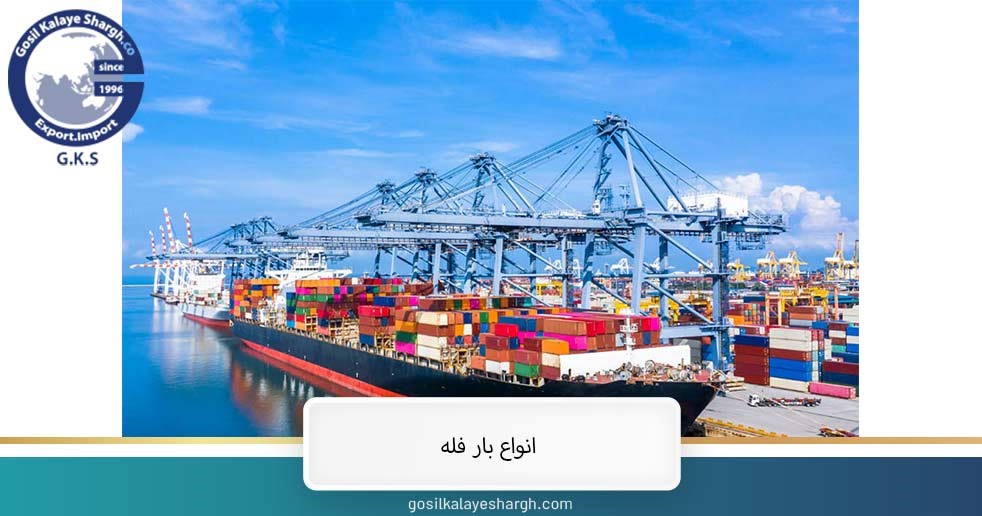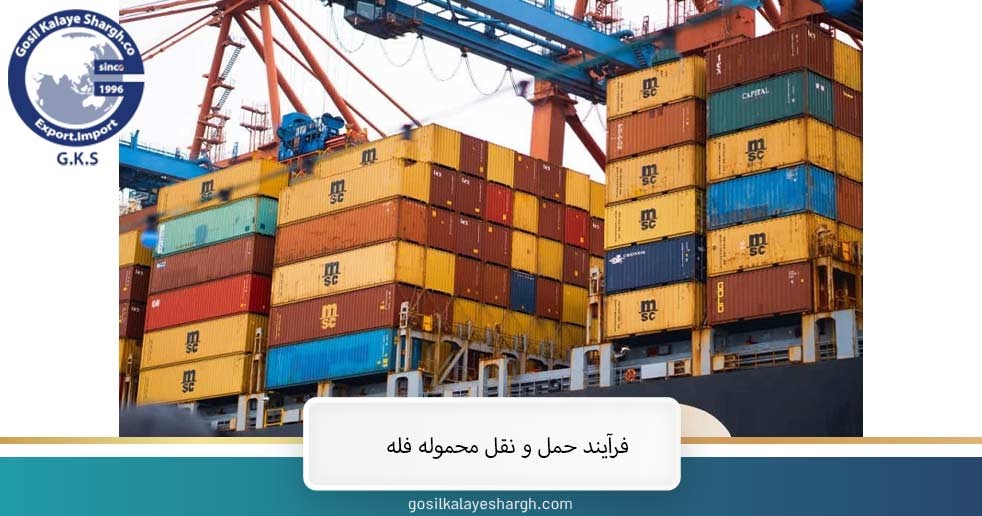Bulk cargo does not need to be packed and is sent to all parts of the world in different ways. These cargoes are stored in tanks so that they are not damaged during the transportation process. Transporting bulk cargo requires a permit and must be carried out in a completely principled manner. There is a lot of variety in the materials that are moved in bulk, and each of them has its own volume and weight. In today’s transportation fleet, these goods are very important because the volume of their transportation is high. Many countries are active in this field and move basic items. The use of advanced machinery has made bulk cargo transportation faster.
All types of bulk cargo
The transportation of bulk cargo has a high variety and nowadays various goods are moved in this way to be available to consumers. Bulk cargo is divided into 2 separate categories according to its type:
- dry bulk cargo: These loads are completely dry and are mostly extracted from mines and agricultural fields. To transport these loads, they mostly use conveyor belts and cranes so that the loads can be transported without using cassettes. Placing the dry cargo in the silo and bubble increases its shelf life and prevents the product from spoiling. Grains such as wheat, barley, corn, soy, rice and sugar are among these dry loads. Powdered dry materials such as soil and metal powder are also moved as dry cargo. Minerals and small and large metal pieces are lumpy materials that are placed in dry cargo.
- Liquid bulk cargo: To extract the liquid cargo, help is taken from the pipeline, because it is in liquid form, it must be directed into the tanks and tankers. Transporting bulk cargo in liquid form requires special tanks and cannot be moved with anything. The largest volume of liquid cargo is occupied by fuel and chemical materials, that is why their safety is very important when transporting cargo and reduces the risk of fire. Liquid loads that are edible are transported in a completely hygienic and sterile manner so that they do not spoil. Crude oil, diesel, gasoline or kerosene, edible oils, propane, ethane and methane are considered in this category.
Loads are moved with different equipment, and if it is not possible to transport them by land, Gasil Karali Shargh Company provides air transportation services.
Types of bulk cargo transportation methods
Bulk cargo can be transported in different ways. The advancement of technology has led to the expansion of the transportation fleet and has given customers the opportunity to deliver their goods to their destination through different routes. Ground transportation is carried out in conditions where the road routes are suitable and low risk. Here are the types of shipping methods:
Bulk cargo transportation by air
The best and fastest way to transport bulk cargo is by air. In airlines, many goods are moved and this method involves more cost. In terms of time, air transportation is a good option because the cargo reaches its destination in the shortest time. The existence of airports and runways in all parts of the world has made all countries have air access.
Bulk cargo transportation by rail
Rail lines are introduced as the best international land transportation lines that can transport bulk cargo with high safety. Freight trains are the best option for moving these goods. New trains have more speed and power to carry heavy loads and can deliver high-risk cargo to the destination at the lowest cost.
Bulk cargo transportation by sea
Using large cargo ships to transport bulk cargo is a great choice because waterways offer a shorter route for shipping companies. Cargo ships have a large capacity and can deliver thousands of tons of goods to their destination. Although crossing the oceans has many risks, it is cheaper.
Bulk cargo transportation by road
The expansion of road routes has made the transportation of bulk cargo more prosperous. Various vehicles such as tankers, trucks and trailers are used for this purpose.
The capacity of bulk carriers
Bulk carriers play the largest role in the maritime transport fleet and can easily move thousands of tons of goods daily. Bulk cargo transportation by ships has many advantages for shipping companies. Each ship has its own capacity and the weight and volume of the cargo should be selected according to it.
Transporting bulk cargo such as grain, cement, coal, etc. through sea routes saves more time and money. The new ships that have entered the marine transportation fleet today have more capacity and it is possible to move loads with a large volume. Using a valid insurance policy has made them reach their destination with high safety many times.
The capacity of each ship has a significant effect on its fare. The flatness of the ship’s deck has made it easy to place the bulk cargo on it. Bulk cargo ships have waterproof doors so that the cargo stays away from moisture and does not suffer from quality loss and rotting.
The presence of deck cranes has made it possible to move the load more easily. The size of the ship varies according to the type of cargo and the area where they are used. To maintain the balance of the ship, a water tank is placed in the front part and the passengers are at the end. The floating of the ship on the water helps the cargo to reach its destination through sea routes.
Liquid loads are discharged by pump and suction. There is a lot of diversity in transporting bulk cargo with the help of ships, and you can see all kinds of liquid and solid cargoes. When the only transportation route is by sea, new and advanced ships are used to ensure safe transportation.
Bulk cargo transportation process
Bulk cargo does not have any kind of packaging, that is why the process of loading and unloading it is completely different. Loads that are in liquid form are discharged from the tank by pump and suction. Transporting bulk cargo requires special equipment, that’s why the company uses special methods to move materials.
Bulk carriers are designed for sea routes, and train wagons, tankers, Nissan trucks, and trucks are intended for land routes. Air lines are used in situations where the route is long and there is a possibility of spoilage of materials. With the help of a pump, liquid materials are poured into the tanks so that they do not leak during the transportation process.
These loads must pass through 3 important filters to move. The first filter is loading, which is done by advanced and fully automatic equipment, because the volume and weight of the load is high. For loading, the type of material is determined first. Solid and liquid loads are each loaded in a specific way.
The most important stage of transporting bulk cargo is unloading, which must be done with high precision. In air, sea and land lines, cargo is unloaded by equipment. After that, the materials are stored to be available to consumers. Every day, thousands of tons of goods are moved to all parts of the world.
The transport fleet is constantly in operation and fully monitors this work. Carrying these cargoes is difficult and time-consuming, but the introduction of newer lines has made the work a little easier. Bulk carriers unload their cargo at ports and return another cargo to the country of origin.
Factors influencing the cost of bulk cargo transportation
The cost of transporting bulk cargo is not the same in all lines and depends on the type and volume of cargo and transportation costs. Four key elements play a role in determining this cost, which we will introduce here:
- Size and weight of the cargo: The weight and size of the cargo has the greatest effect on the cost of transportation. All goods are classified by weight and size. The heavier the load, the higher the shipping cost. Larger tanks need to be selected to move heavy loads.
- Transport class: Sensitive, fragile and valuable goods are always higher in the transport classification, that’s why the cost of transporting them will be much higher. The type of loading and its quality have a significant impact on determining the final cost. The safety of fragile loads is very important and their handling is done with high sensitivity
- Volumetric weight: Volumetric weight plays the biggest role in determining the cost of transporting bulk cargo. Cargo density is effective in calculations and the weight of impurities is determined correctly. Sometimes they occupy a lot of space, so moving them requires paying more money.
- Distance: The longer the distance, the higher the cost of commuting. The price of transporting bulk cargo for long distances is higher, and the more difficult the road, the higher the cost. The remoteness of the destination has caused the cargo to remain longer on the way, which is costly.
final word
Bulk shipping costs less due to no need for packaging. For the transfer of industrial and agricultural goods, this method is the best option, with the help of which solid and liquid loads can be delivered to the destination in the shortest possible time. In sea routes, ships with high capacity are available to the transport fleet so that the goods can be moved in this way. Although the transportation process is complicated, today it has become faster and easier with the help of advanced equipment.







